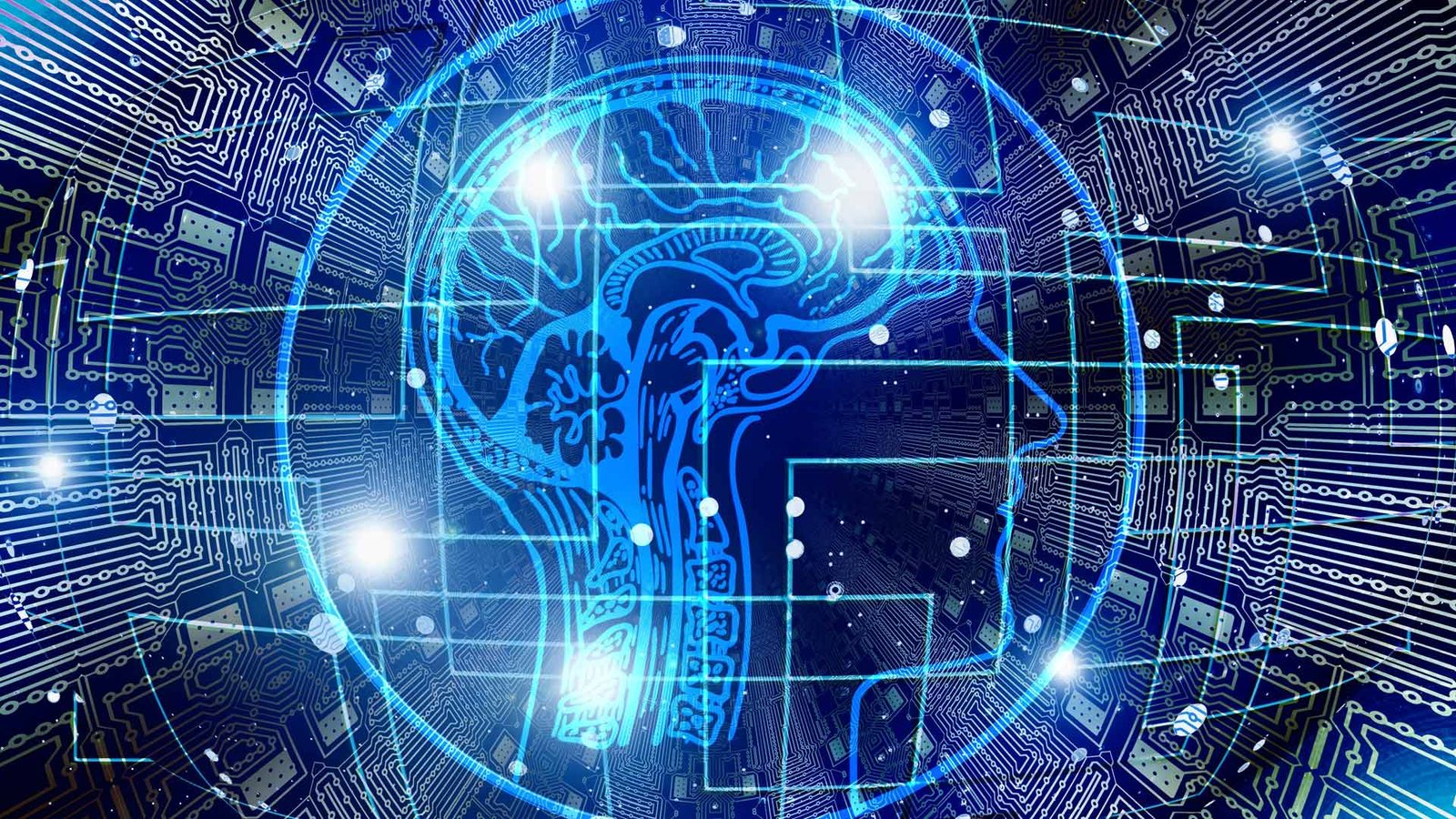Artificial intelligence is transforming the healthcare imaging technology world. For the specialty of cardiology, AI tools have the power to save doctors time and provide readily available second opinions.
Cardiovascular diseases (CVDs) are the leading cause of death globally, ahead of cancer and coronavirus. An estimated 17.9 million people die of CVDs annually which represents 32% of all global deaths. From 2016 to 2017 heart disease, including cost of health care services, medicine and lost productivity due to death, ended up costing the United States $363 billion. In 2035 costs are expected to reach $1.1 trillion.
On top of economic and death toll of CVDs, there is a major shortage of cardiology specialists in the United States and globally. To alleviate some of the burden, over the last few decades imaging technologies that allows cardiologists to see what’s going on in a patient’s heart have helped tremendously with diagnostics. But even with advancements in health technology, we’re hitting another breaking point. The improvements we’ve made to imaging technology are being challenged by time pressures. There are simply not enough cardiologists to meet the demands of image analysis skills. In addition, analyzing cardiac images and using imaging technology requires a certain skill set that takes time to learn.
A pivotal moment for AI in cardiac imaging
With mounting time pressure and the rising demand for cardiologists skilled in image interpretation, we’re approaching a pivotal moment in the application of artificial intelligence in the world of cardiology.
Artificial intelligence and its subset machine learning technologies are finding their way into the daily practices of cardiologists and cardiac radiologists. Incorporating AI into the image reading workflow has been shown to intelligently automate manual tasks allowing clinicians to focus on patient care and treatment, support informed decision making and personalized care, and enable clinician notification of emergent conditions, providing intelligence to back that up. For example, the company that I founded two years ago, Dyad Medical, is developing software that is compatible with all cardiac imaging modalities called Libby®. The software application platform uses AI and was trained on millions of images. Libby® IAAA (an application that analyzes intravascular optical coherence tomography images automatically), was cleared by the Food and Drug Administration providing an important tool for cardiologists.
Using AI, there’s a real opportunity to cast doctors a safety net. When trained on a proper dataset, AI can function as a very reliable, unbiased immediately-available second opinion to any practitioner, regardless of their skill level. But with the added time pressures and demand for skills in our global healthcare system, we are able to ease some the burden.
Cloud-based AI Platforms Expand Access to Quality Care
On top of demand, skills and time pressures, there is an uneven distribution of healthcare resources throughout the U.S. and the world. Combining AI tools with cloud-based computing gives low-income and rural regions access to similar levels of high-quality care.
For example, a single hospital in Boston, which is where I live, services about 700,000 residents with 126 radiologists. That ratio looks very different if you visit rural and low-income communities of the country. In fact, half of the world’s population has very limited access to high-quality diagnostics. Liberia, for example, which has a population of around 5 million, only has 2 radiologists. Quality healthcare just isn’t accessible for everyone. This is especially concerning when you consider that, according to the World Health Organization, three-quarters of all CVD deaths occur in low- and middle-income countries.
Cloud-based AI tools and platforms could be used anywhere in the world as long as there’s an internet connection.Dyad Medical’s imaging platform Libby® was built for remote and secure access. This could be a critical lifeline for communities that don’t have access to cardiology specialists.
Training AI Platforms with Expert Opinions from Across the Globe
All good AI health technology tools are built on good data and clinically validated tools are trusted by doctors. Our team at Dyad Medical is actively working with experts in the United States and across the world to enhance our clinical validations and FDA clearances. We are currently working with partners from Taiwan to gather the collective insights of multiple experts in Asia’s top healthcare systems. We also joined the Japan External Trade Organization to expand our relationships globally.
A new wave of healthcare technology is coming. The potential impact is saving millions of lives and trillions of dollars on healthcare spending annually. AI is what’s powering it, and when this becomes our reality, we’ll realize a world of more inclusive and accessible quality healthcare. To learn more about Dyad Medical and it’s AI-powered and cloud-based automated cardiac image analysis and interpretation platform, visit www.dyadmed.com.
For more such updates and perspectives around Digital Innovation, IoT, Data Infrastructure, AI & Cybersecurity, go to AI-Techpark.com.

